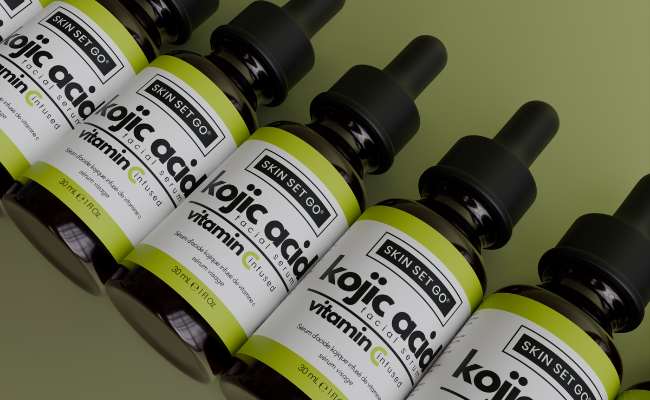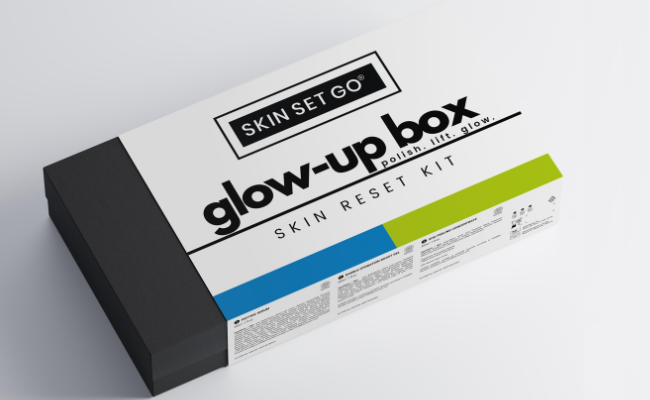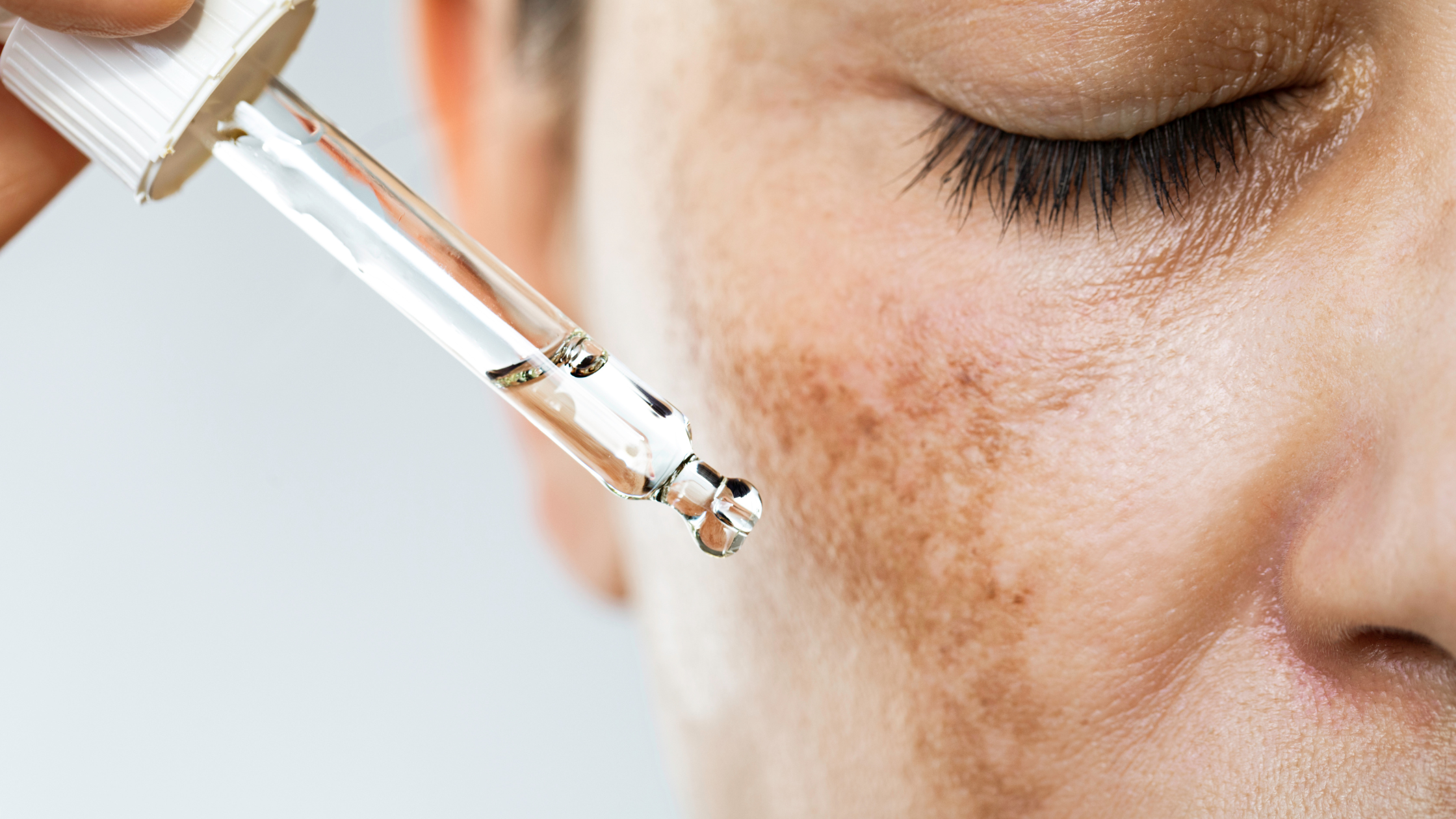
Can Kojic Acid be Used With Retinol?
The Perfect Pair? Unveiling the Synergy between Kojic Acid and Retinol for Radiant Skin
In the ever-evolving skincare world, the quest for the perfect complexion often leads us to combine powerful ingredients, hoping to maximize their benefits. Today, we're diving into a duo that's been buzzing with potential: Kojic Acid and Retinol. Can these two heavyweights coexist in your skincare routine, or is it a recipe for disaster? Let's unfold the synergy between Kojic Acid and Retinol, making your skincare journey both friendly and educational, yet incredibly informative.
Kojic Acid: The Brightening Maestro
Kojic Acid, a by-product of the fermentation process of malting rice, is celebrated for its stellar ability to tackle hyperpigmentation and brighten the skin. It works by inhibiting the production of melanin, offering a solution for those battling dark spots, age spots, and uneven skin tones. Its gentle nature makes it a favored choice for those seeking a luminous complexion without the harsh side effects.
Retinol: The Age-Defying Powerhouse
Retinol, a derivative of Vitamin A, is the undisputed star in the realm of anti-aging. Known for its profound ability to stimulate collagen production, it helps reduce the appearance of fine lines, wrinkles, and improves skin texture. Moreover, Retinol accelerates cell turnover, bringing fresh, new cells to the surface for a rejuvenated glow.
Can Kojic Acid and Retinol Coexist in Your Skincare Routine?
The short answer is yes, but with caution. Combining Kojic Acid and Retinol can offer a multifaceted approach to skincare, addressing pigmentation, aging, and texture simultaneously. However, both ingredients are potent and can potentially irritate sensitive skin. The key to harnessing their power without overwhelming your skin lies in proper application and timing.
Tips for Combining Kojic Acid and Retinol
Start Slow: Introduce one product at a time to your skincare routine, allowing your skin to adjust.
Timing is Everything: Use Kojic Acid in your morning routine to take advantage of its brightening effects, while Retinol should be reserved for nighttime use, aiding in repair and regeneration as you sleep.
Moisturize and Protect: Both ingredients can make your skin more susceptible to dryness and sun sensitivity. Ensure you moisturize adequately and never skip sunscreen during the day.
Patch Test: Before fully committing, perform a patch test with each product individually to gauge your skin's reaction.
The Final Verdict
When used wisely, Kojic Acid and Retinol can coexist harmoniously in your skincare regimen, offering a comprehensive solution to those seeking to diminish signs of aging and achieve an even, radiant complexion. However, it's crucial to listen to your skin and adjust accordingly. If irritation occurs, consider alternating days of use or consulting with a dermatologist to find the best approach for your skin type.
Embracing the synergy between Kojic Acid and Retinol could be your ticket to unlocking the most radiant skin of your life. Remember, the secret to skincare success lies in customization, patience, and consistency. Happy skincare journey!







Leave a comment
This site is protected by hCaptcha and the hCaptcha Privacy Policy and Terms of Service apply.